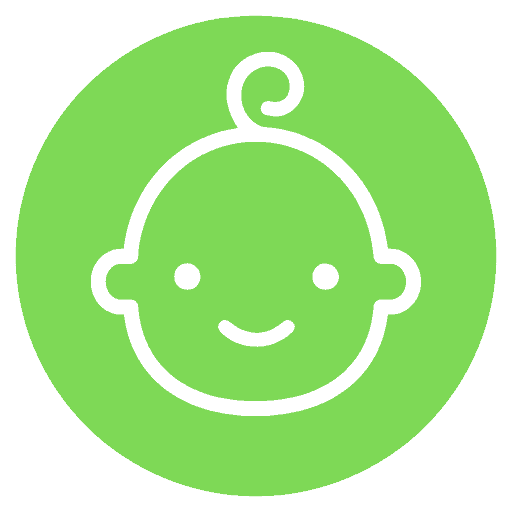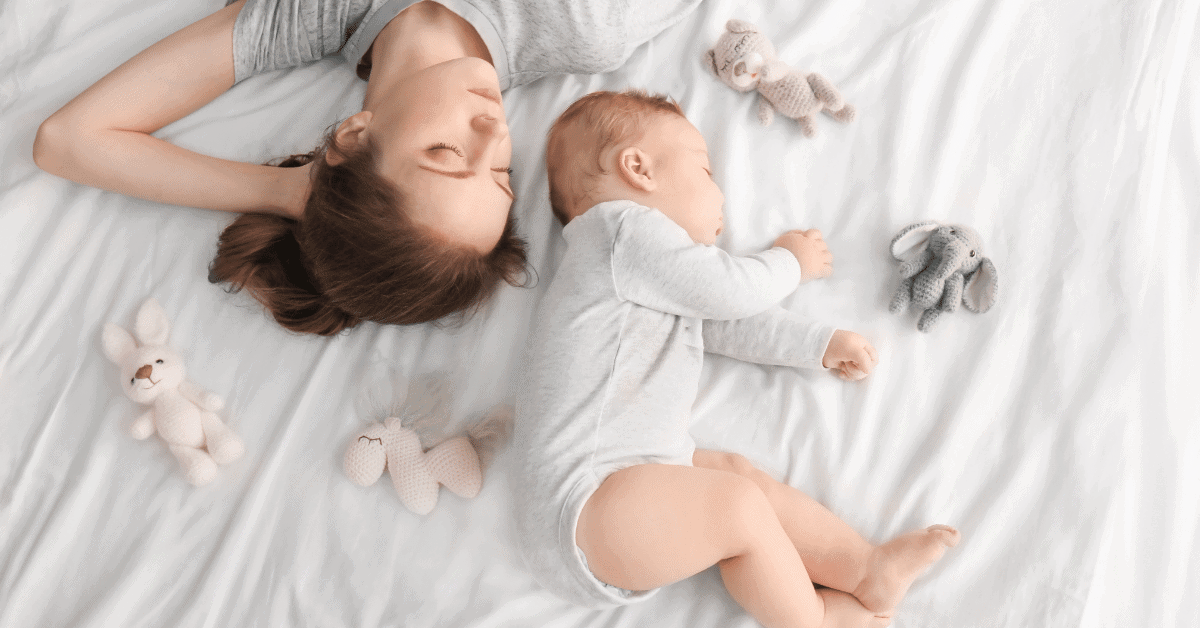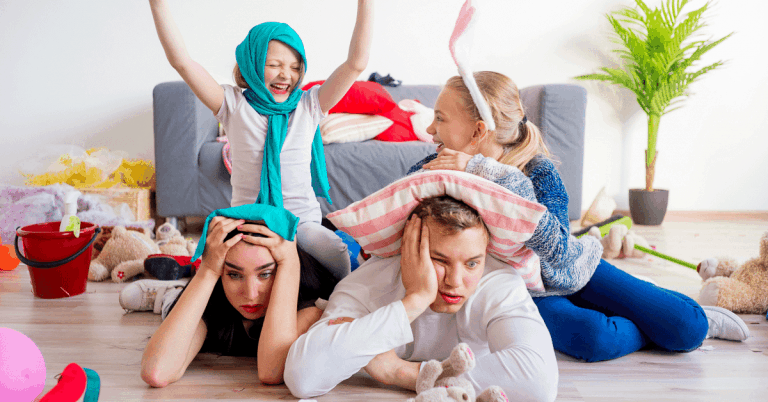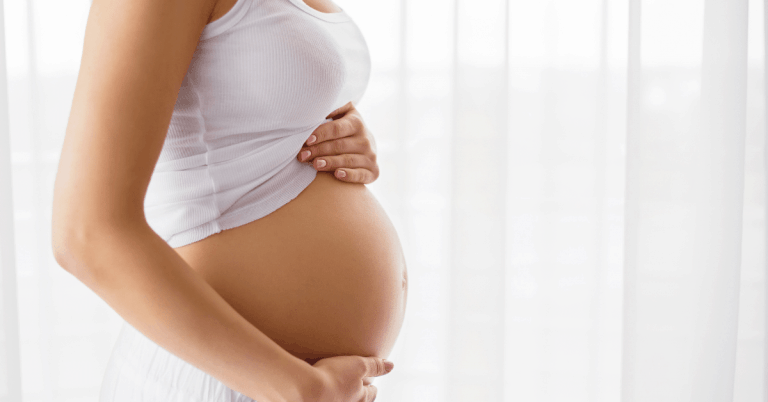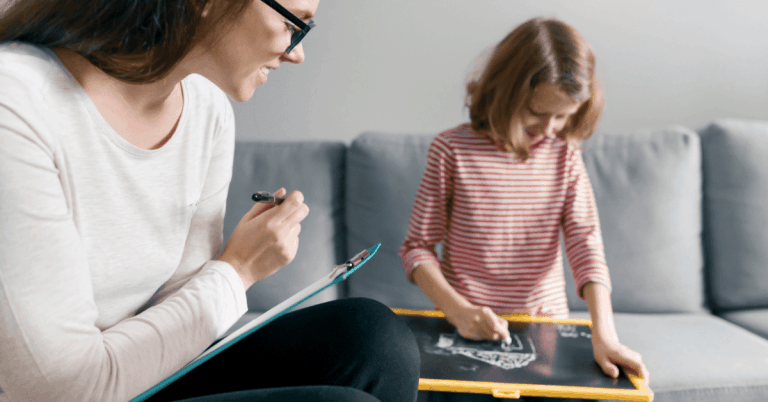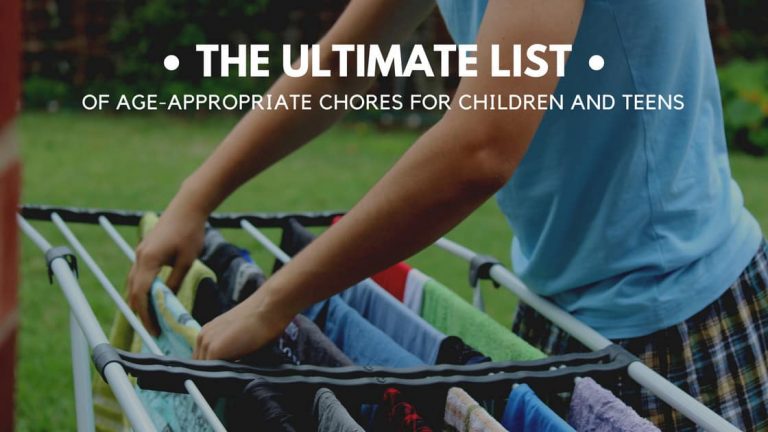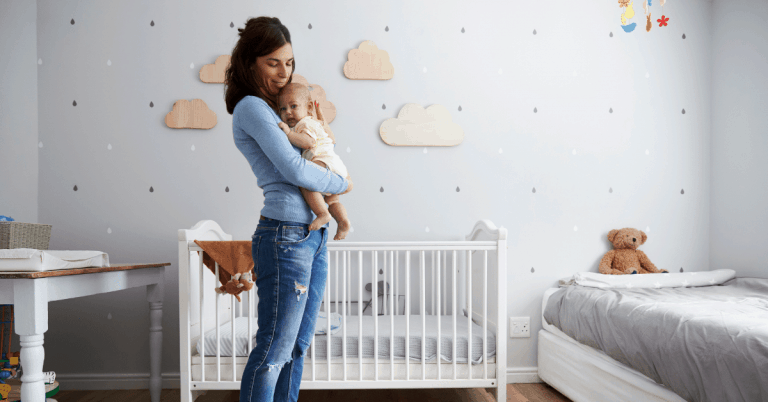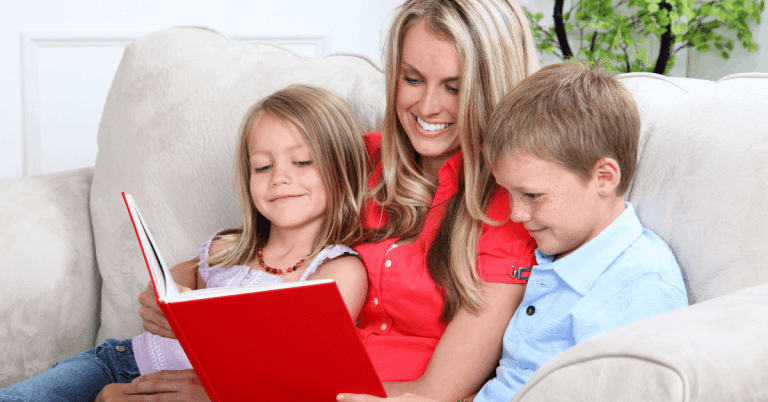Information about CoSleeping and Sharing Sleep
There has recently been a lot of concern regarding the safety and practice of cosleeping.
Cosleeping and/or family bed sharing promotes breastfeeding and bonding, and it can be safer than crib/cot sleeping when practiced correctly. Cosleeping beyond the breastfeeding years is common in many non-Western cultures, and even in the West many families choose to extend cosleeping through toddlerhood and well into middle childhood.
Different Sleeping Styles For Babies and Children Include –
Co-Sleeping: Baby/Child sleeps in bed adjacent to parents at same level so close but not “in” same bed as parents.
Family Bed: Baby/Child sleep in the same bed as parents.
Separate Bed: Baby/Child has their own bed away from parents.
Safe CoSleeping & Family Bed Sharing Guidelines
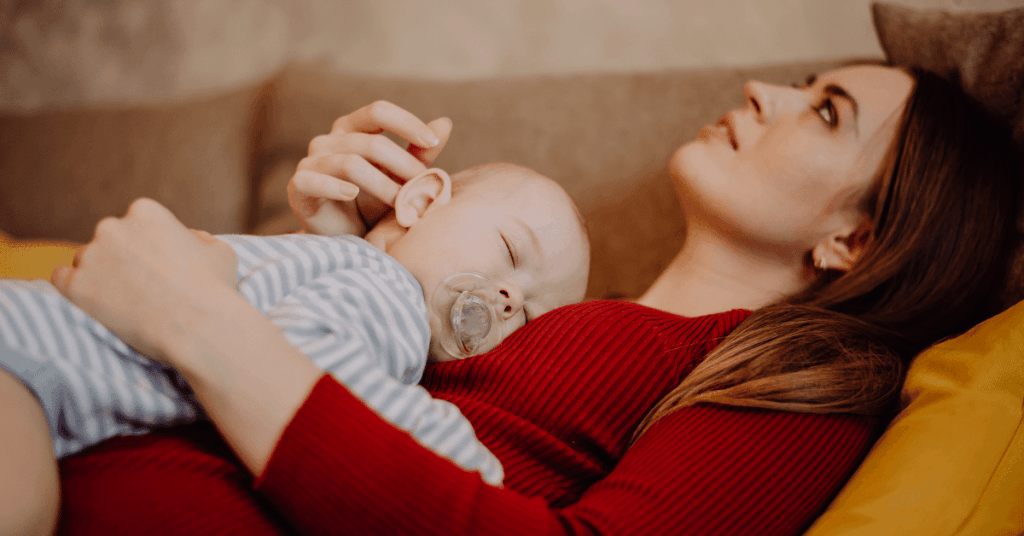
Place baby adjacent to mother, rather than between mother and father, in the first weeks/months. Mothers interviewed on the subject of sharing sleep in a family bed feel they are so physically and mentally aware of their baby’s presence even while sleeping that it is extremely unlikely that they would roll over onto their baby.
Some fathers, on the other hand, may not enjoy the same sensitivity of baby’s presence while asleep, so it is possible they might roll over on or throw out an arm onto baby. After a few months of sleep-sharing, most dads seem to develop a keen awareness of their baby’s presence.
Place baby on his/her back to sleep.
Use a large bed, preferably a queen-size or king-size. A king-size bed may wind up being your most useful piece of “baby furniture”. If you only have a cozy double bed, use the money that you would ordinarily spend on a fancy crib and other less necessary baby furniture and treat yourselves to a safe and comfortable larger bed.
Remember- if your bed is baby’s bed you should use baby friendly soap on your sheets and consider the quality of mattress you are using. It is best if you would like to get a bigger/new bed to do that a couple months before baby is born at least to let it “adjust” and breathe before baby sleeps on it.
Some parents and babies sleep better if baby is still within touching and hearing distance but not in the same bed. For them, a bedside co-sleeper is a wonderful choice. This is referred to as “co-sleeping”.
Here are some things to avoid with family bed sharing:
Don’t allow older siblings to sleep in the same bed with a baby under nine months. Sleeping children do not have the same awareness of tiny babies as do parents, and too small or too crowded a bed space is an unsafe sleeping arrangement for a tiny baby.
Don’t fall asleep with baby on a couch. Baby may get wedged between the back of the couch and the larger person’s body, or baby’s head may become buried in cushion crevices or soft cushions.
Do not sleep with baby on a waterbed or similar unfirm surface in which baby could suffocate.
Don’t overheat or overbundle baby. Be particlarly aware of overbundling if baby is sleeping with a parent. Other warm bodies are an added heat source…
Don’t use nightwear with string ties longer than eight inches. Also, no dangling jewelry. It is a good idea to check baby for long hair wrapped around baby’s body before sleeping as well because baby may not be able to communicate or realize the pain associated with a hair wrapped around a finger etc. and baby may get caught in any of these entrapments.
Avoid pungent hair sprays, deopdorants, and perfumes. Not only will these camouflage the natural maternal smells that baby is used to and attracted to, but foreign odors may irritate and clog baby’s tiny nasal passages. Reserve these things for when baby is not close by.
Do not sleep with your baby in the same bed as you if-
- You are under the influence of any drug (such as alcohol or tranquilizing medications) that diminishes your sensitivity to your baby’s presence. If you are drunk or drugged, these chemicals lessen your difficulty staying asleep.
- You are extremely obese. Obesity itself may cause sleep apnea in the mother (making it hard for you to be responsive to your baby) in addition to the smothering danger which would be increased.
- You are exhausted from sleep deprivation. This lessens your awareness of your baby and your ability to fall sleep.
- You are breastfeeding a baby on a cushiony surface, such as a waterbed or couch. An exhausted mother could fall asleep breastfeeding and roll over on the baby.
- You are the child’s baby-sitter. A baby-sitter’s awareness and ability to awake easily when needed is unlikely to be as acute as a mother’s.
Parents should use common sense when sharing sleep. Anything that could cause you to sleep more soundly than usual or that alters your sleep patterns can affect your baby’s safety.
Be safe. Enjoy your family and your sleep!
More Resources on Cosleeping and Shared Sleeping
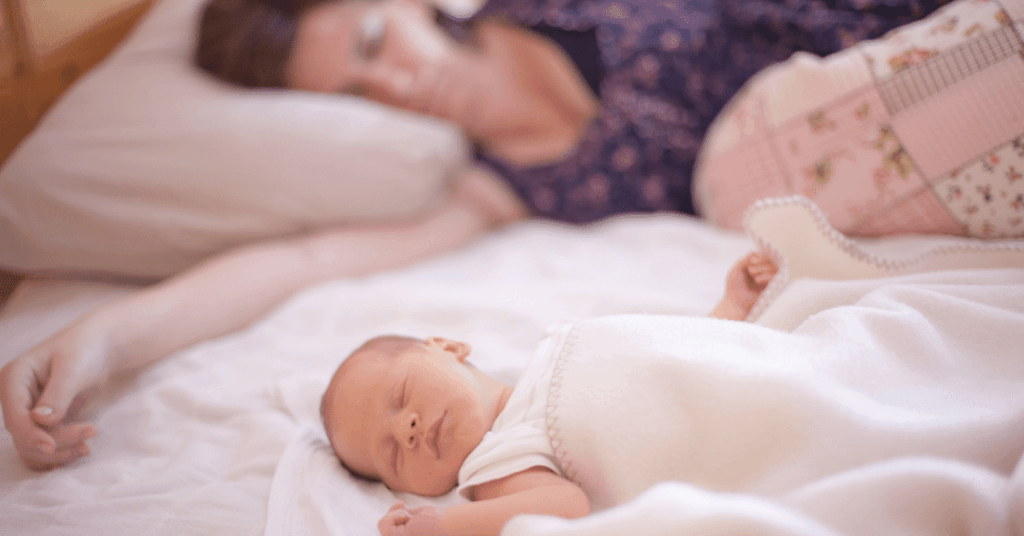
The Natural Child Project have a few cosleeping articles available here.
Mothering Magazine, articles on the family bed available here.
Attachment Parenting International information on cosleeping information and advocacy.
Learn The Weird Trick that helps gets baby’s to fall asleep here.
Check out the Co-sleeping Wikipedia Article here.

